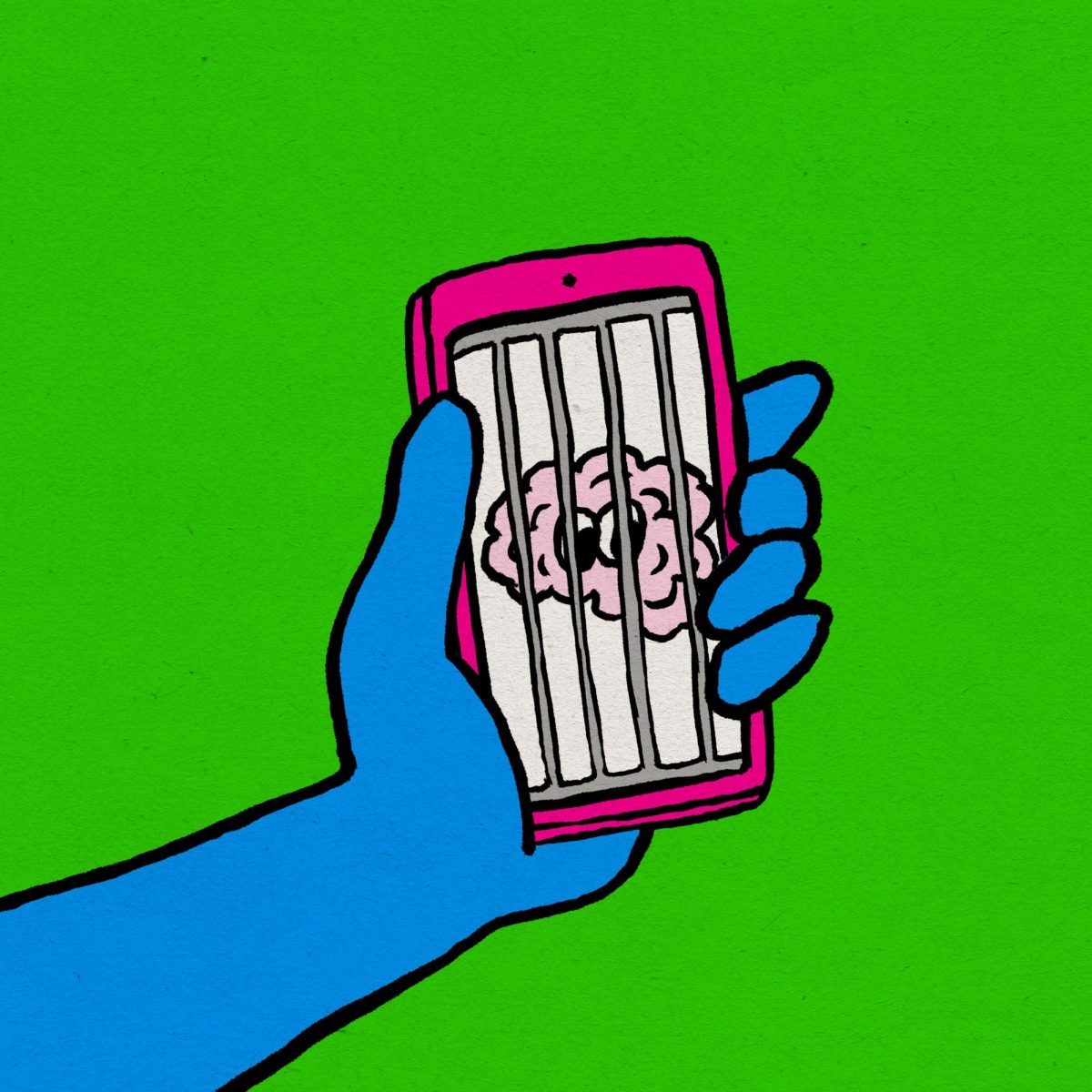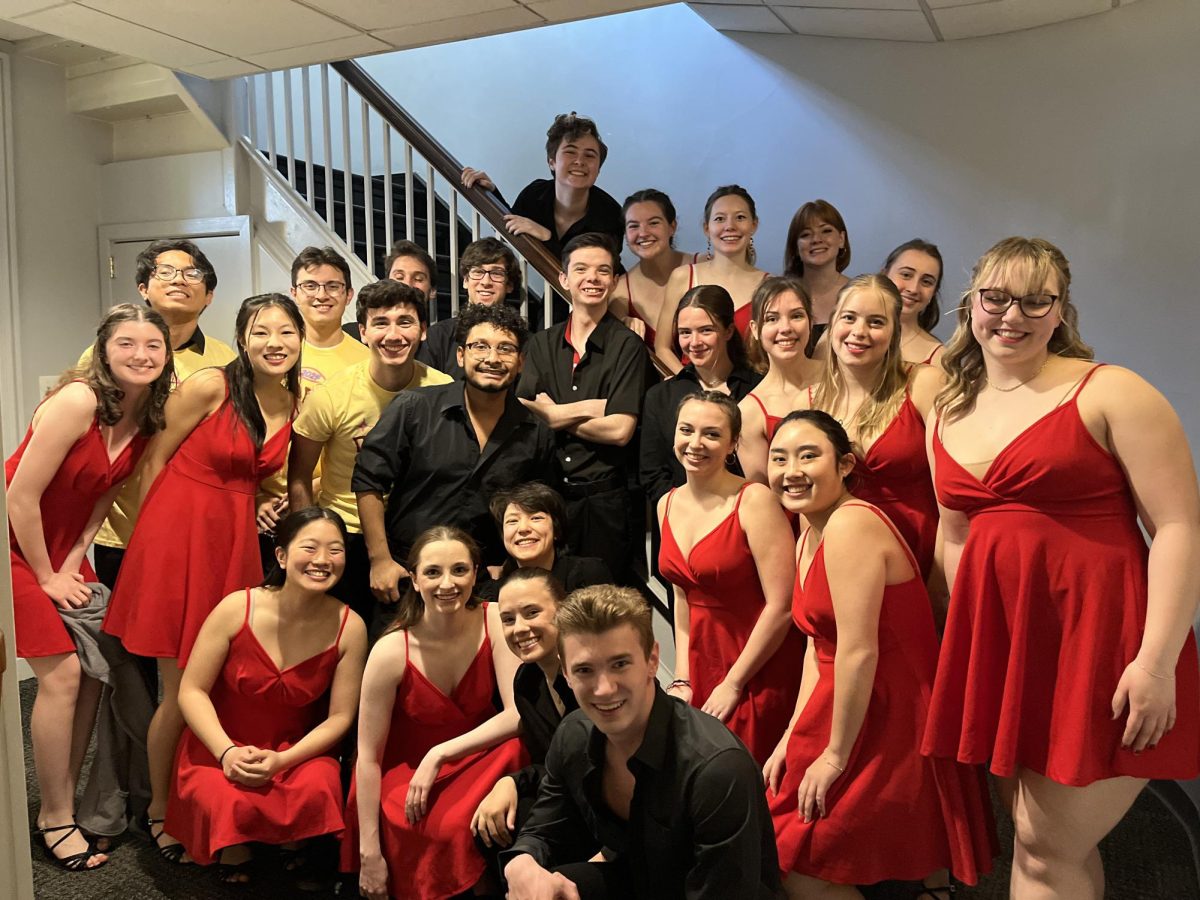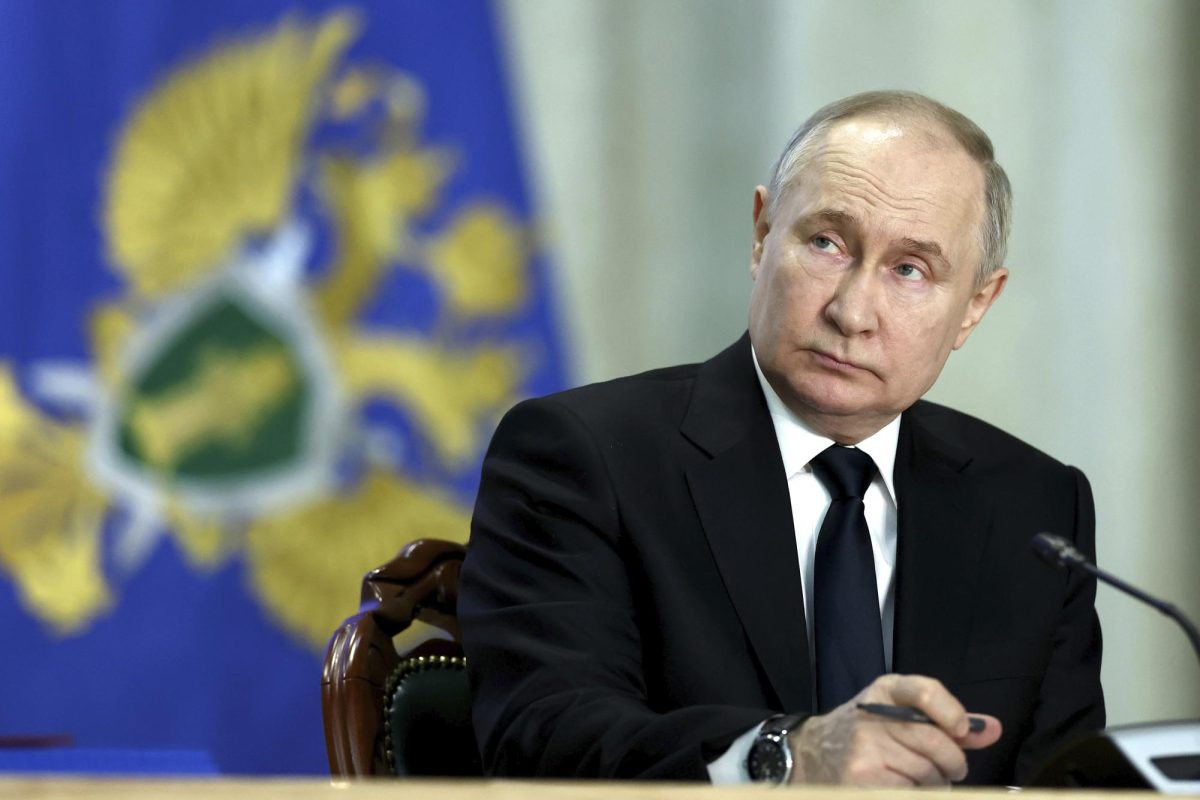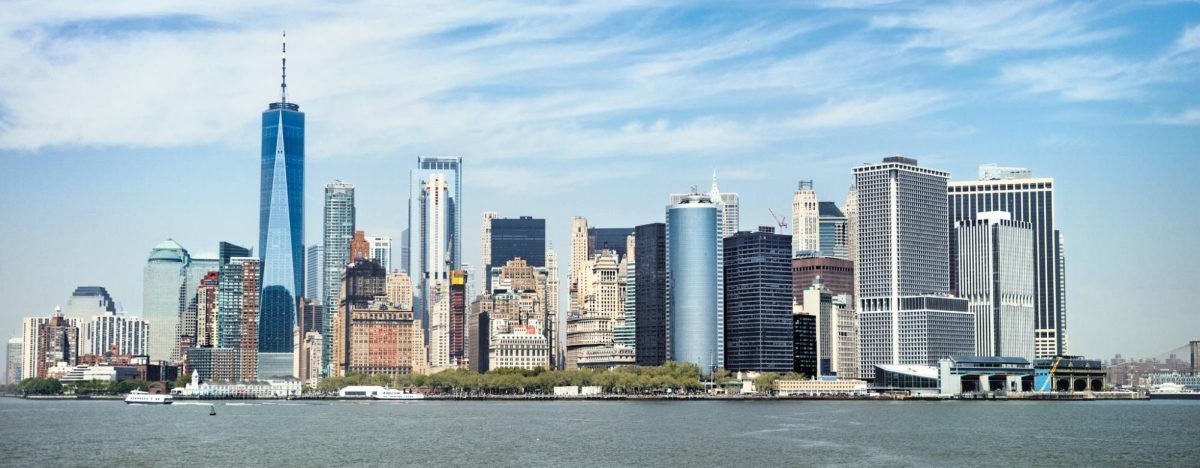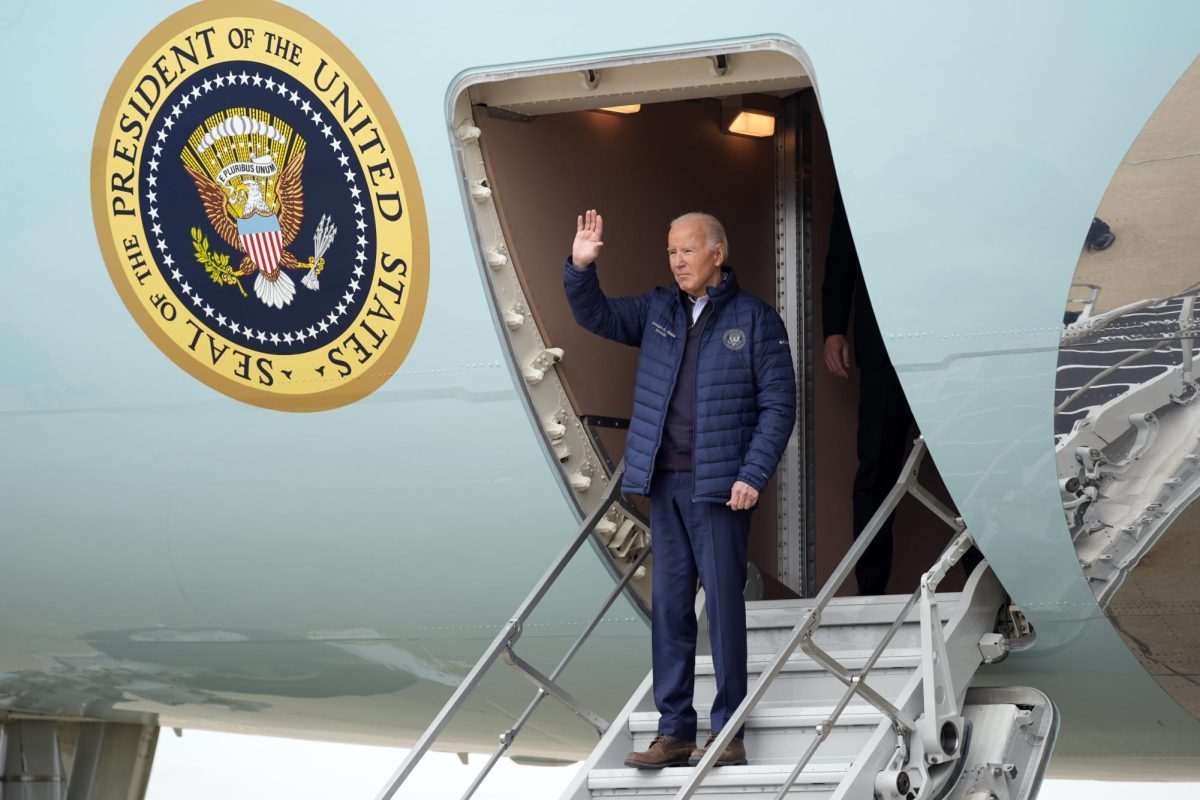This election year, we must make a choice between 77-year-old Donald Trump and 81-year-old Joe Biden. It is safe to say that neither of these candidates are in their prime, and many Americans have unfavorable opinions about both candidates. Opposition to these candidates has a range of justifications, but one common argument is that they are too old. A 2023 poll by Pew Research Center finds that 82 percent of Republicans and 76 percent of Democrats are in favor of putting a maximum age limit in place for elected officials in Washington, D.C.
However, placing any age limit — yes, even the current minimum age limit — that determines who is eligible to run for office has, in my opinion, concerning implications that alter the democratic nature of America. Furthermore, it would require amending the constitution, a feat that has not been achieved since 1992, largely because of the supermajority that amending would necessitate.
To disqualify people over a certain age from running for president would be to label them as a “second class citizen.” Placing any age limitation beyond the requirement of being an adult on government officials implies that people from certain age groups are deserving of higher-class citizenship. Any adult citizen in the United States should be allowed equal protection under the same democratic principles as their peers, and citing somebody’s age as a reason for not having the same allowances, such as running for president, is undemocratic in nature. If the American public does not see an 81-year-old as fit for the presidency, then they should exercise their right to vote and make their voices heard.
Additionally, I believe that forcing an age limit on politicians would indicate a mistrust in the American people’s ability to make their own decisions. This applies to the age minimum, as well. Years of experience and demonstrated maturity might mean that older candidates will still win their respective offices, but if a 20-year-old wants to run for office, then the American people should decide whether they want that representation. The point of a representative democracy is that the citizens of a given nation should vote for government officials who represent their ideas and beliefs in government. Reducing the options that the citizenry has to choose from limits their ability to make authentic decisions regarding their representatives.
Still, the shockingly bipartisan conclusion from the Pew Research Center’s poll shows that the American people are tired of our elderly elected officials. While I disagree with the idea of placing a maximum age limit and with the presumption that it would even be possible to achieve said limitations, I do agree that we need to see more young people in government. As many have noted, mental fitness is vital for the presidency. One of our Founding Fathers, Alexander Hamilton, explicitly stated that “energy in the executive is the leading character in the definition of good government.” If our presidents do not have the mental fitness to be energetic, then they should not be the proud faces of our nation. However, finding a way to test the mental fitness of our presidents would be tricky, given the relative objectivity of such a qualification; therefore, it is up to the voters of any given election to unite in making this determination.
Placing a maximum age limit on politicians would require a constitutional amendment, and while over three-fourths of both Democrats and Republicans agree that our politicians are too old, according to Pew Research Center, that does not mean that a supermajority of congressional leaders would agree. In fact, I believe that it would be highly unlikely for our legislature to reach the necessary two-thirds majority needed to even propose an amendment to the constitution. As of 2021, the average age of a member of Congress was 58.4 years and 64.3 years for the House of Representatives and Senate, respectively. While that certainly does not qualify the current Congress as elderly, their right to serve unlimited terms as members of Congress means that they would not likely disqualify themselves from holding their offices in the future.
There are many reasons why older people tend to win primary elections and obtain a seat on the ballot; one is that primaries tend to have voters that overrepresent older populations. In both Republican and Democratic primaries, younger people are underrepresented relative to their district demographics. A solution to this issue would be for more young people to exercise their right to vote in primary elections. Many states — Rhode Island being the most recent — even allow seventeen-year-olds turning eighteen in time for the general election to vote in primaries. Young people should take advantage of this opportunity and vote for younger representatives in primary elections.
Incumbency and the advantage of experience also lead to older people dominating the American government. While Joe Biden, for example, is the oldest sitting president in U.S. history, he has also been an active politician since his early days. In fact, his notorious age is ironic when juxtaposed with the fact that he was also one of the youngest U.S. senators ever elected when he won a seat in Delaware at the age of 29. Because of his nearly unbeatable experience, party leaders might be more encouraged to endorse him as a candidate. It seems highly unlikely to me that any other Democrat could have won the primary election in any state this year, since Biden benefits from being the incumbent. So, despite many complaints about his age, it doesn’t really seem like people are willing to do anything about it.
Instead of complaining about the age of many established U.S. politicians, especially ahead of the presidential election in November, I believe that people should exercise their right to vote in all elections, including smaller, local elections. While can be easy to ignore virtually any election besides the general presidential election, raising the voter turnout in primary elections could mean seeing candidates on our ballots who represent the demographic reality of our nation without attempting to make democratically questionable amendments to the U.S. Constitution.





